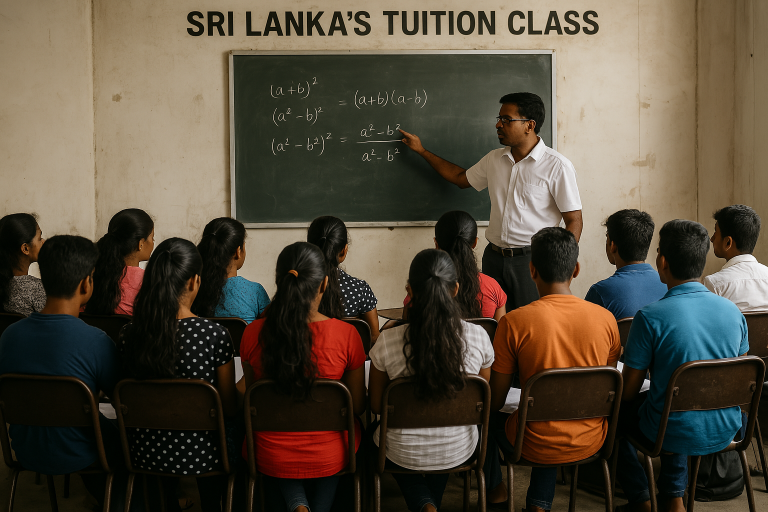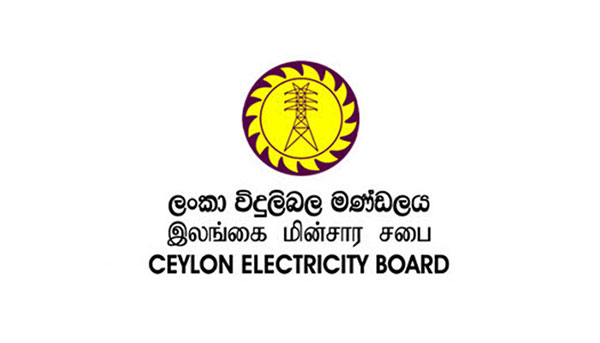July 19, 2024 – In a landmark decision, the Supreme Court of Sri Lanka has ruled in favour of Madhavi Buddhika Rajaguru, a nurse at Kurunegala General Hospital, who accused Consultant Surgeon Ashoka Wijemanne of assault. The court awarded Rajaguru compensation for the violation of her fundamental rights under Article 11 of the Constitution, which guarantees freedom from torture or cruel, inhuman, or degrading treatment.
The incident occurred on March 12, 2019, during a surgical procedure at Kurunegala General Hospital. Rajaguru, serving as the assisting nurse, alleged that Dr. Wijemanne struck her on the head with a bone cutter, causing a bleeding injury. According to Rajaguru, the surgeon became enraged when she did not follow his instructions regarding the placement of the surgical instrument.
Dr. Wijemanne, in his defense, claimed the injury was accidental, resulting from the bone cutter’s handle hitting Rajaguru as he forcefully pulled out a bone during the surgery. He denied any intentional harm.
The Supreme Court, presided over by Justices Vijith K. Malalgoda, E.A.G.R. Amarasekara, and Achala Wengappuli, heard the case. The court considered detailed testimonies and evidence from both parties, including medical reports and witness affidavits. Justice Wengappuli, delivering the judgment, stated that the petitioner had successfully established her claim of a deliberate attack by Dr. Wijemanne.
The court noted inconsistencies in the respondent’s account and found the petitioner’s narrative, supported by medical evidence and witness testimonies, to be more credible. The court emphasized the importance of upholding human dignity and the severe nature of the injury inflicted on Rajaguru.
The court ruled that the assault constituted cruel, inhuman, and degrading treatment under Article 11 of the Constitution. It further dismissed the respondent’s argument that the act was a private matter and not an administrative action subject to fundamental rights jurisdiction.
Justice Wengappuli highlighted that the actions of Dr. Wijemanne, performed in his capacity as a state-employed surgeon within a state-funded hospital, qualified as an executive or administrative act. Therefore, the state also bore responsibility for the infringement of Rajaguru’s rights.
The Supreme Court ordered Dr. Wijemanne to pay Rs. 50,000 in compensation from his personal funds and the state to pay an additional Rs. 10,000, totaling Rs. 60,000 to Rajaguru. The court also directed the payment to be made within three months from the date of the judgment.







